The Netherlands held early elections after the government headed by Mark Rutte, right-wing liberal prime minister in office for 12 years, resigned in July this year due to failing to reach an agreement on a migration policy issue, namely the family reunification of refugees. In the elections, the Party for Freedom (PVV) led by Geert Wilders won, securing 38 seats. The right-wing liberal People's Party for Freedom and Democracy (VVD) and Frans Timmermans' left-wing alliance won 24 seats each.
Although Wilders had an electoral victory, he may not come to power, just as we have seen in Poland recently where the Law and Justice Party (PiS) won, but their chances of forming a government are very slim. And recently in Spain, thanks to an absurd coalition, it is not the winning party that will govern the country, and the same may happen in the Netherlands.
The fact that Geert Wilders won does not mean at all that he will govern,
said Agoston Samual Mraz, CEO of Nezopont Institute. It is possible that a coalition made up of parties that have failed to win the election may form a government, and this is due to the peculiarity of the Dutch electoral system, which is based on party list and proportional representation, giving all parties a chance of getting into parliament. This creates a very fragmented and colorful parliament, making the formation of a stable coalition rather difficult. Former Prime Minister Mark Rutte was only able to stay in power for so long because he played his cards cleverly.
It should be noted that the political crisis will further deepen if an illegitimate, unstable coalition is to lead the country after such a clear election result,
Mraz highlighted.
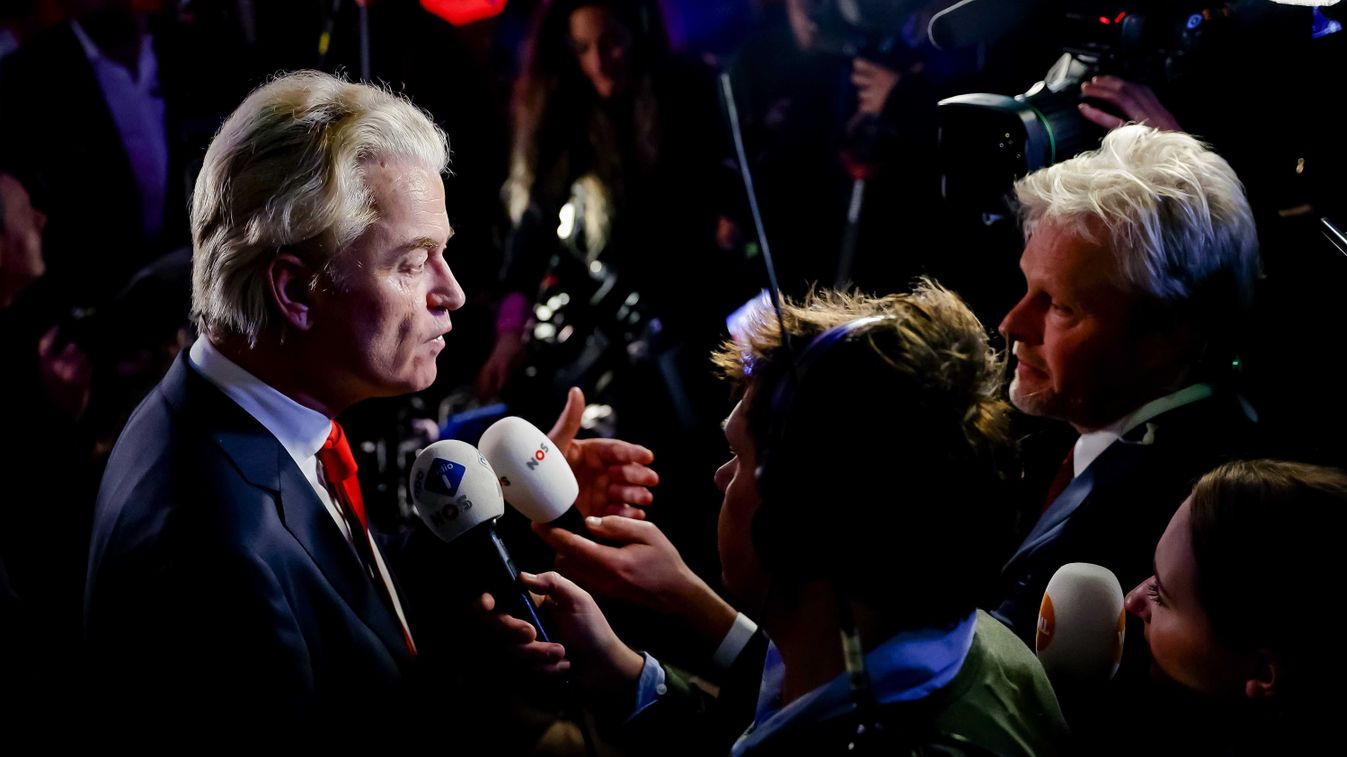

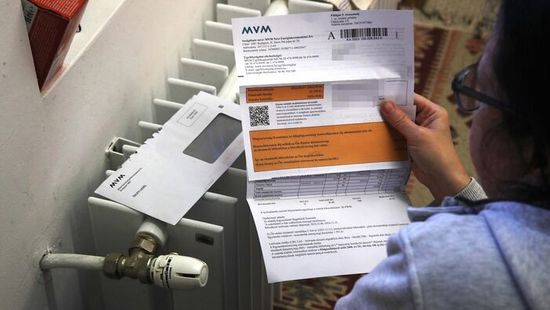
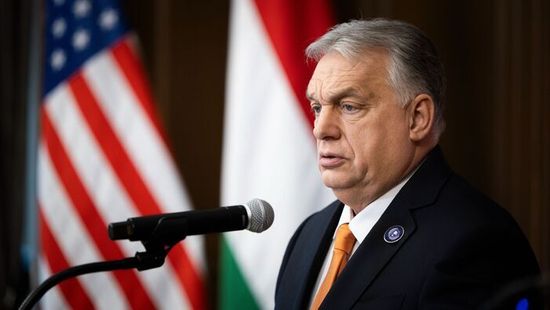
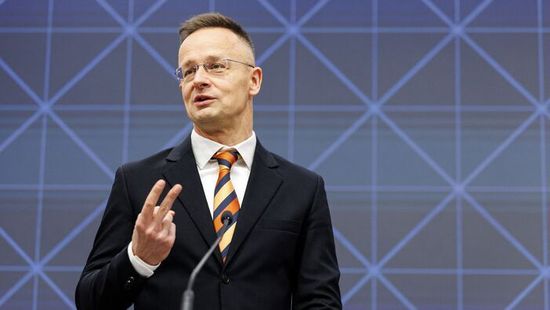

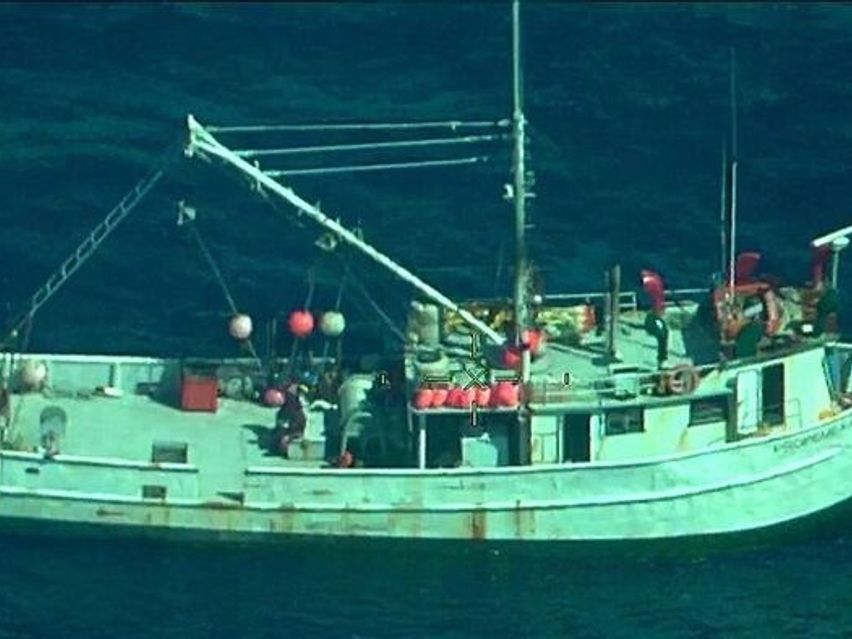
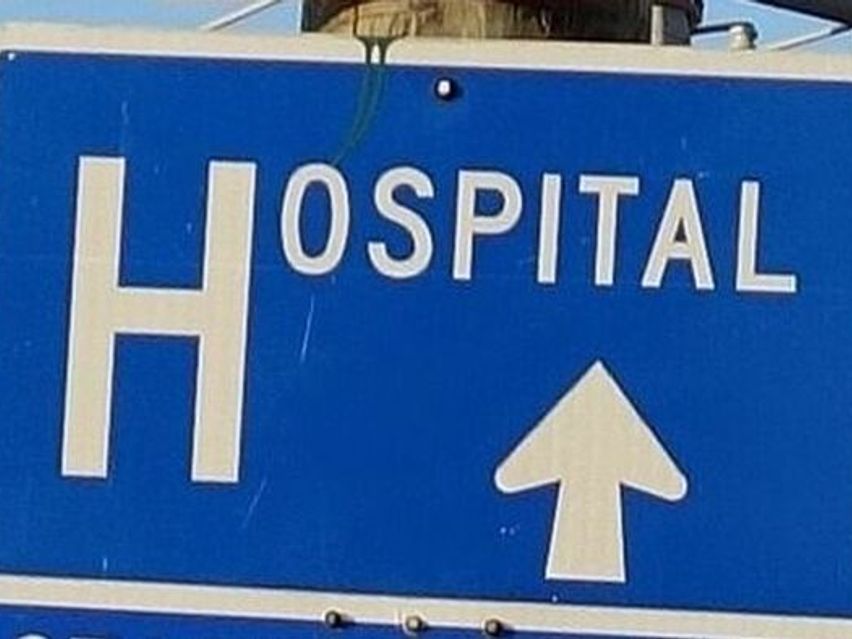

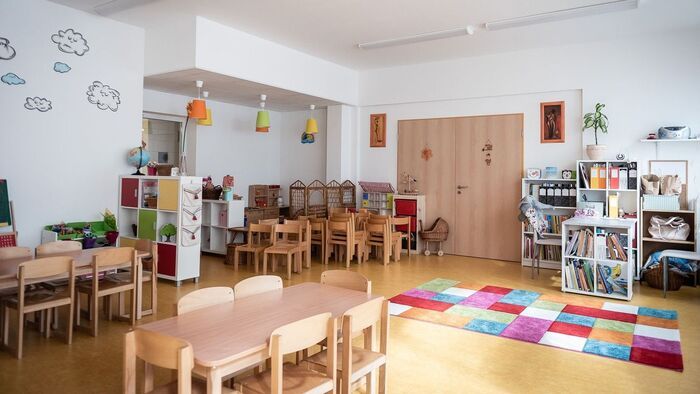

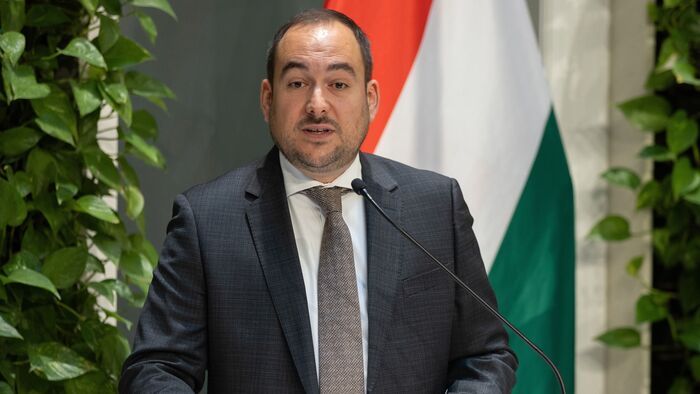

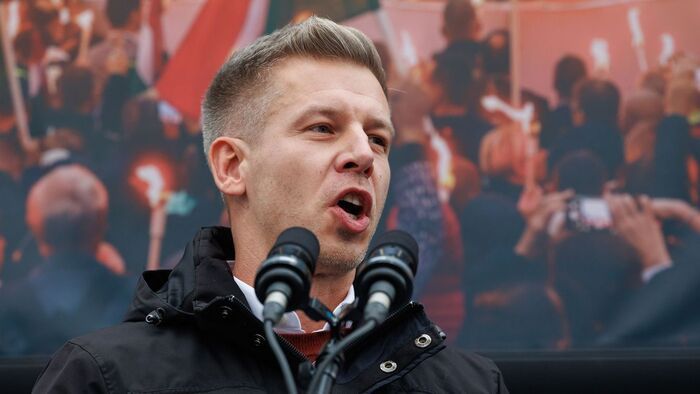
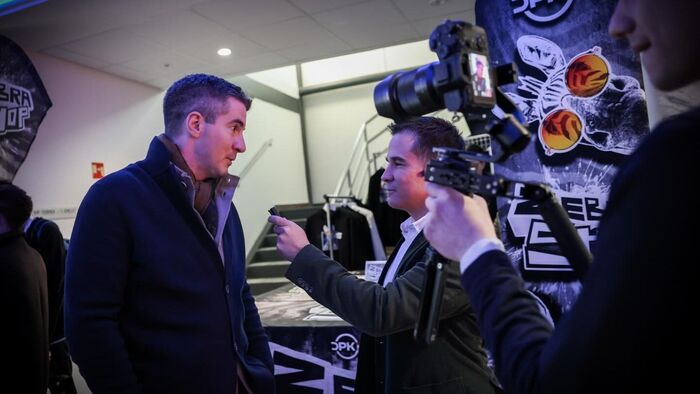
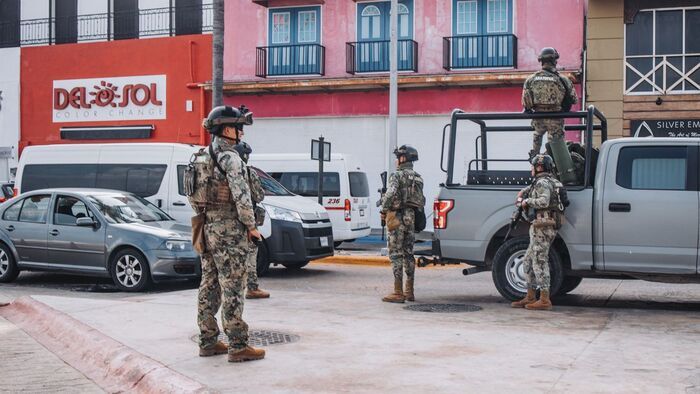
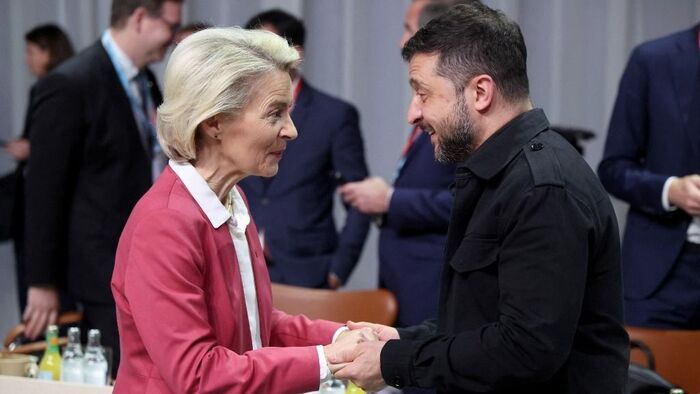
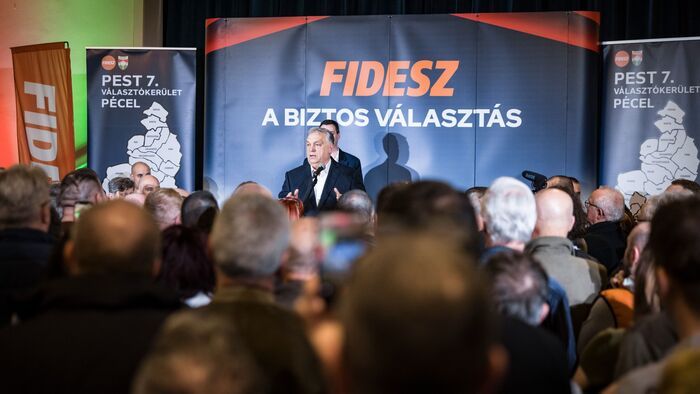
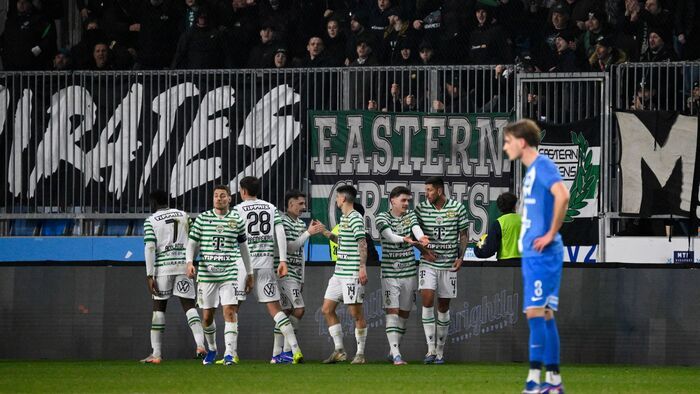
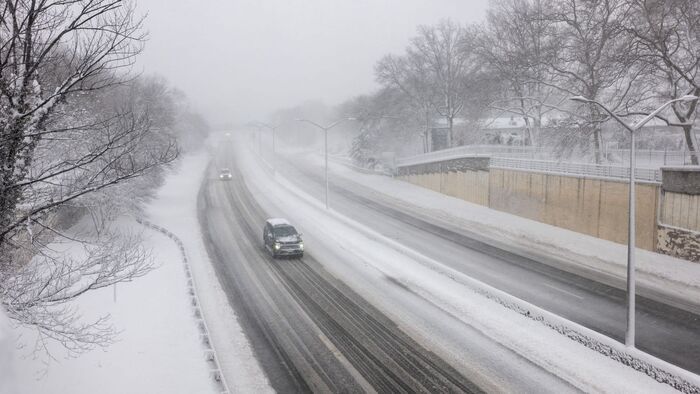
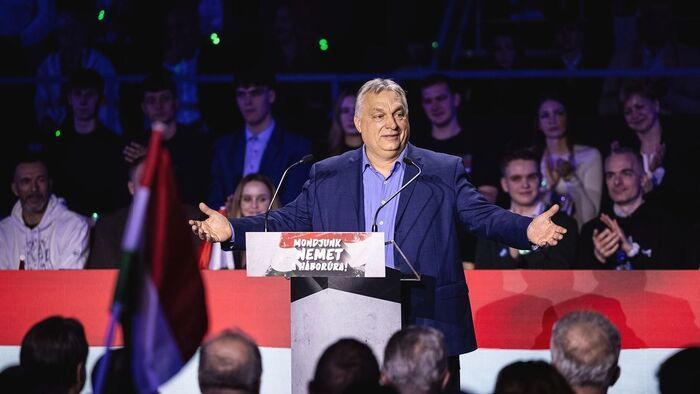

Szóljon hozzá!
Jelenleg csak a hozzászólások egy kis részét látja. Hozzászóláshoz és a további kommentek megtekintéséhez lépjen be, vagy regisztráljon!